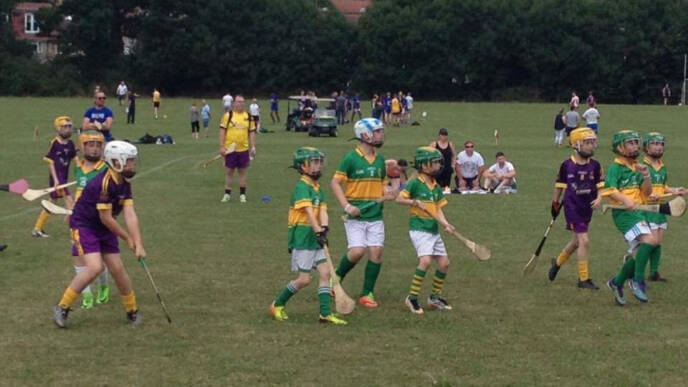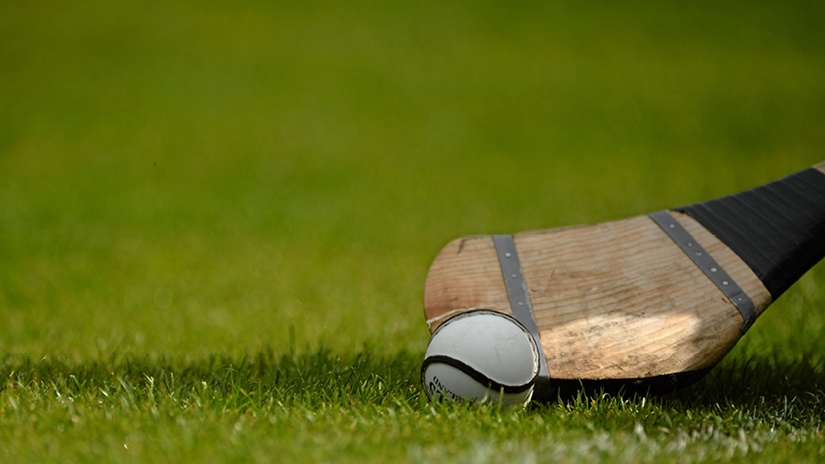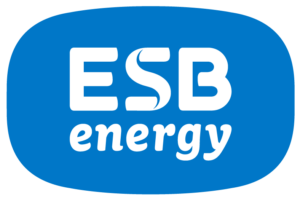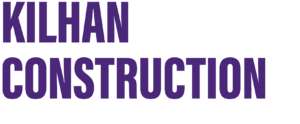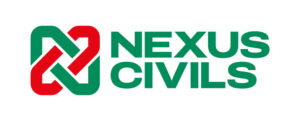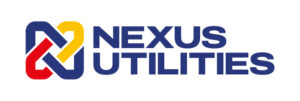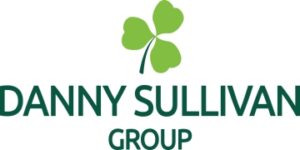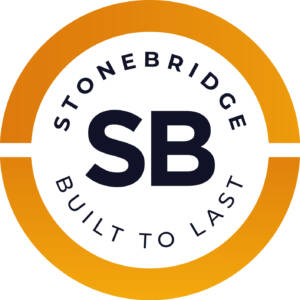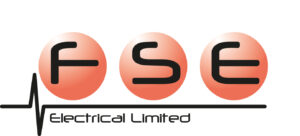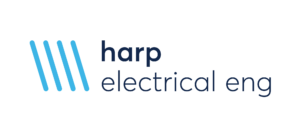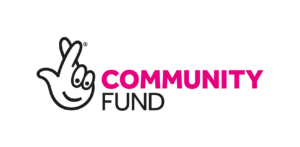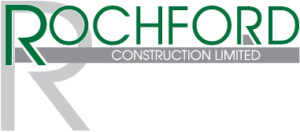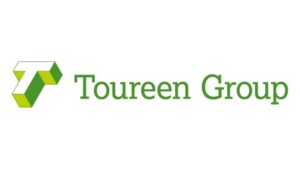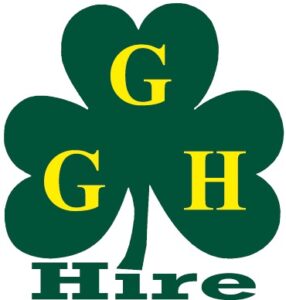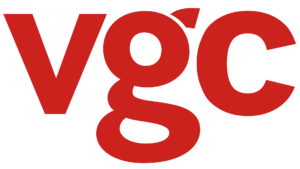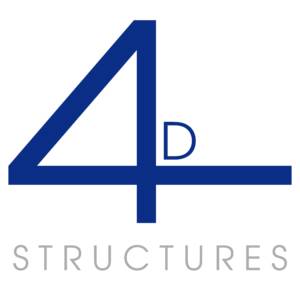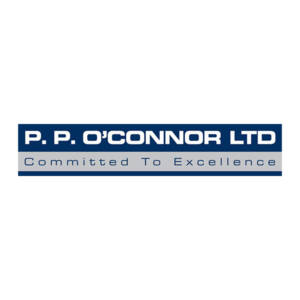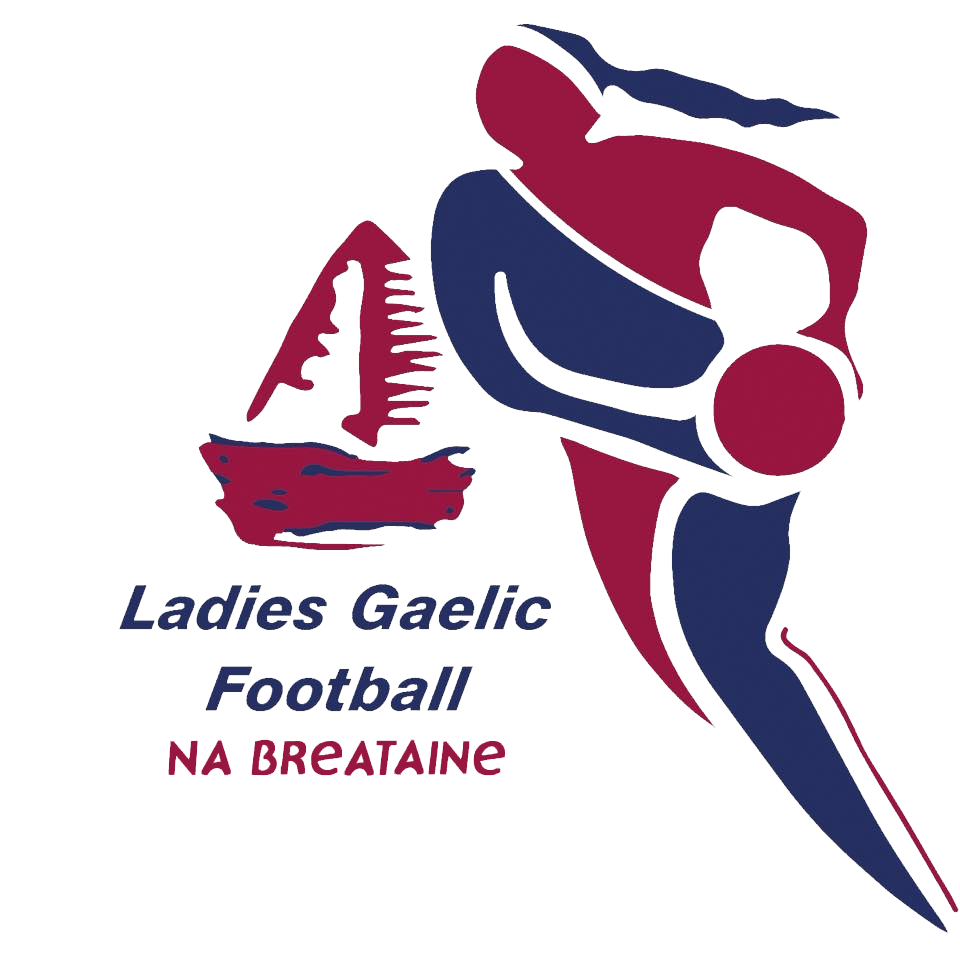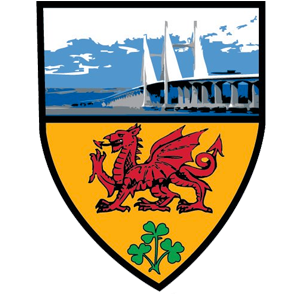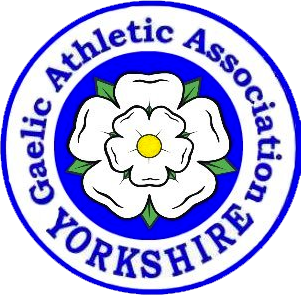Hurling is an outdoor team game of ancient Gaelic and Irish origin. The game has prehistoric origins, and has been played for 3,000 years. It shares a number of features with Gaelic football, such as the field and goals, the number of players, and much terminology. It is co-ordinated by the International Governing Body, the Gaelic Athletic Association.
The objective of the game is for players to use a wooden stick called a hurley to hit a small ball called a sliotar between the opponents’ goalposts either over the crossbar for one point, or under the crossbar into a net guarded by a goalkeeper for one goal, which is equivalent to three points.
The sliotar can be caught in the hand and carried for not more than four steps, struck in the air, or struck on the ground with the hurley. It can be kicked, or slapped with an open hand (the hand pass) for short-range passing.
A player who wants to carry the ball for more than four steps has to bounce or balance the sliotar on the end of the stick, and the ball can only be handled twice while in his possession.
Provided that a player has at least one foot on the ground, a player may make a shoulder to shoulder charge on an opponent:
- who is in possession of the ball, or
- who is playing the ball, or
- when both players are moving in the direction of the ball to play it.
No protective padding is worn by players. A plastic protective helmet with a faceguard is mandatory for all age groups.
The final of the All-Ireland Senior Hurling Championship was listed in second place by CNN in its “10 sporting events you have to see live”, after the Olympic Games and ahead of both the FIFA World Cup and UEFA European Football Championship.
Our member, the Provincial Council of Britain Gaelic Athletic Association is responsible for the regulation of competitions for hurling at club, county and university level.
In addition to delivering hurling games in the traditional competition formats of league and championship; age specific and skill based games and competitions are also played with a view to developing players confidence and skills as they mature in their journey as a hurling player.
Examples of hurling coaching pathways are set out in the links below:
Youth Participation Games, Super Games Centres, Talent Academies, Go Games
Britain GAA Strategic Plan:
Empowering Participation, Preserving Heritage 2024-2026
